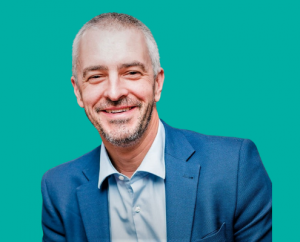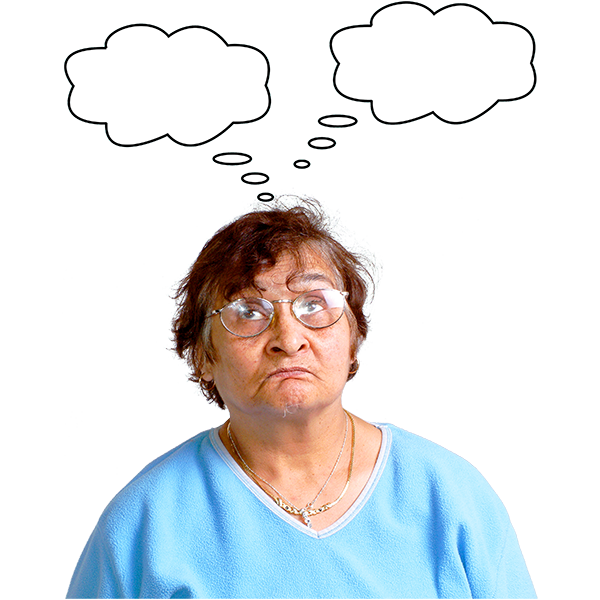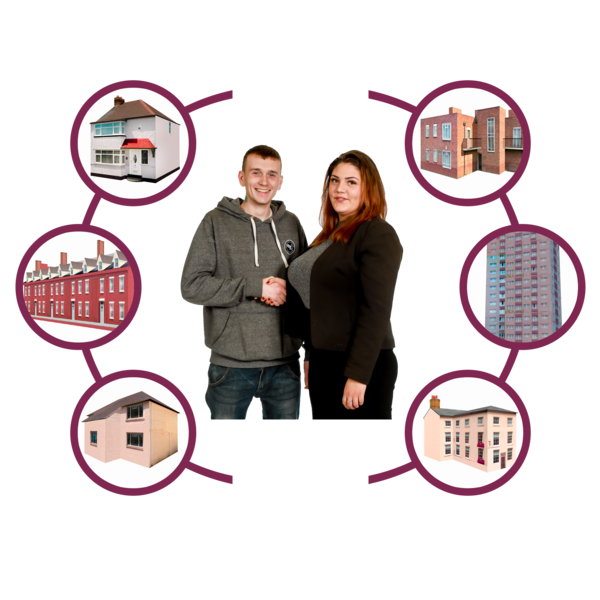
Alex Fox OBE, Chief Executive of the Mayday Trust and formerly Chief Executive of Shared Lives Plus, has written a blog.
It is about Good Lives, power and homelessness.

Alex talks about power.
Who has it, who is willing to share it, and who needs to take it.
And how this plays a part in making Good Lives a reality.
Alex talks particularly about Chapter 1: A home.

Learning Disability England members are leading a session about Good Lives and ‘A Home’ at the New System Alliance meeting in October.

Do you have experience of being homeless?
Or experience of working with people with learning disabilities who are at risk of homelessness or have been?

If so, please let us know.
If you want to be part of the session, or make sure what you know is shared, please contact Rachael or Gary on info@ldengland.org.uk
Good Lives and Power
A blog by Alex Fox

Twenty years ago, the government’s Valuing People strategy for people with learning disabilities set out a vision for people living full lives as valued citizens that should have been the bare minimum that any group of citizens could accept, but which is still out of reach for most people today.
Learning Disability England’s Good Lives Framework charts the progress, the set backs and the gaps between vision and reality.
It is depressing to collect all the ways in which people with learning disabilities and their families are still ignored, unvalued and excluded from communities and ordinary life.
But the Framework is also hopeful and focused on what we could and should achieve, as the starting point for attempting to achieve it.

I’ve recently moved from a job immersed in the world of learning disability support into a new role with Mayday Trust which has its roots in the homelessness support sector.
It’s been interesting to think about what those two sectors could learn from each other.
There are differences between the two.
The homelessness support sector is more (small ‘p’) political, swearier, and smokier, for instance.
People are more alive to the interaction between what drives homelessness and the wider economic and political landscape, partly because some areas of government policy, like how easy or hard it is to get Universal Credit quickly, show up so clearly in levels of homelessness.
The disability support sector is more political (again, not in the party political sense) in other ways: largely I think through the impact that the disability rights movement has had on the idea that support for disabled people is a human rights issue, which is accepted by our government, the European Court of Human Rights and the UN.

The right to a home, and to support when you become homeless, is much less clear and more contested.
The public and many politicians still believe that people become homeless through bad luck or bad choices.
This is despite all the evidence that decades of political choices about housing and the housing market, childhood trauma and inequalities in society and in how people are treated by services all produce currents so strong that few of us could outswim them.

In contrast to that exaggerated perception of homeless people as people who have made choices to be where they are, there remains an equally exaggerated set of assumptions about people with learning disabilities being unable to make choices.
This continues to chip away at and undermine the rights-based foundations of offering support to people with learning disabilities, and has shackled the development of organisations led by people with learning disabilities themselves.
So both groups share a similar problem for different reasons: both are consistently excluded from what should be their own civil rights movements, because for different reasons, both are seen as incapable of leading such movements.
Not every person who uses a public service wants to help lead it of course, nor should we make assumptions that they should.
There are risks to taking on any voice or leadership role based around a perceived identity as a ‘service user’, including the risk of being asked to share and re-share traumatising experiences, unpaid, in rooms full of highly paid decision makers who have no intention of doing the same.

But as the Good Lives Framework sets out, freedom, rights and equality cannot thrive in public services, charities or communities in which a group of people is only thought of as needing help from others, never as contributors to society, much less as potential leaders of their communities.
So while the Framework is full of useful, practical and highly doable changes we can all make to any services we are involved in, the key point for me is always power: who has it, who is willing to share it, and who needs to take it.